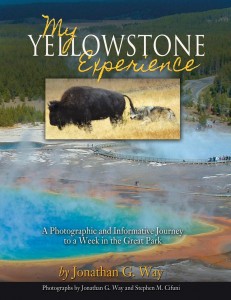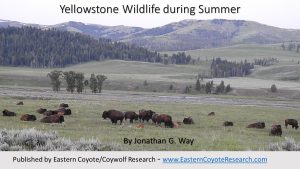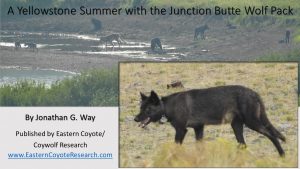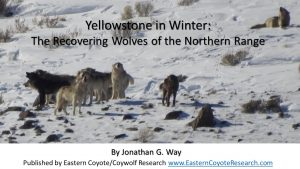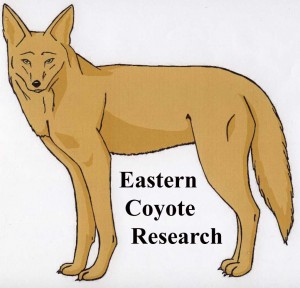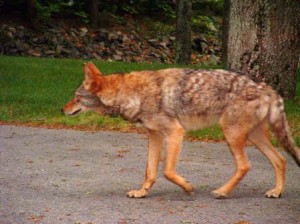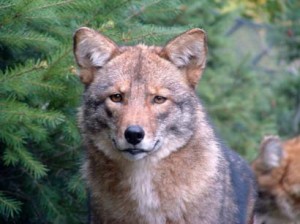Many people email me that they want easy solutions or advice on how to avoid encounters with coyotes and coywolves. While my website and book is dedicated to discussing eastern coyote ecology and behavior, it is necessary to discuss how to avoid interactions from occurring. This link, and the following information below, attempts to do just that.
May 15, 2023. 7 Ways to Protect Livestock from Predators. These are great non-lethal suggestions from the Farm Bureau!
—–
General description of the eastern coyote or coywolf:
- Lives in all of the northeast from New Jersey to Maine; western coyotes live in the reminder of the country outside of Northeastern North America.
- The biggest type of coyote – 30-45 lb on average
- Track size is oval and from 3-3.5 inches long
- Color ranges from blonde to darker black and brown, but is usually tawny brown
—–
Coyote and Coywolf facts:
► Feeds mostly on small mammals
§ Opportunistic predators – fruit to meat
§ Mice, voles, rabbits, woodchucks
§ Larger mammals where available (like deer)
► Dangerous food items
► Habitat: Rural (wilderness) to urban
§ Prefers edge habitat
§ Agricultural and suburban areas are perfect
► Provide cover and high prey numbers (edge habitat)
§ Lives in 49 of 50 U.S. states and everywhere except Long Island and offshore island.
—–
Are Coyotes/Coywolves Dangerous? Keep it in Perspective: Coyotes vs. Dogs
► 4.7 million dog bites per year in U.S.
§ 800,000 need medical attention
§ 1,000 people per day go to ER
§ 15-20 people, on average, die per year
► ~10 coyote bites in Massachusetts’ history
§ 2 or 3 were rabid
§ 2 fatalities in recorded history in N.A. in past 500 years: one on a toddler in Cali in early 1980s (food habituated animal) and one on an 18 year old lady in Nova Scotia in 2009
► Dog bite losses exceed $1 billion per year
§ $345 million paid by insurance
—–
How to avoid interactions from occurring:
1. Do not let dogs (especially small breeds) outdoors loose without constant supervision. Fences should be at least 5 feet tall and there should not be any places where coyotes can crawl underneath. While a fence does not guarantee total protection, it is a good deterrent to coyotes or humans who would snatch or harm pets left outside alone.
2. Dogs taken outdoors by their owners should always be leashed unless in a fenced yard, where they should still be supervised and checked regularly.
3. Dogs should not be tied outdoors unfenced and unsupervised in coyote-prevalent areas. Accidents have happened.
4. Cats should be kept indoors unless trained to remain at home.
5. Dogs and cats should not be left outside for any period of time unsupervised, especially at night, even in a fenced enclosure.
6. Invisible fences do not protect your pets from predators. While they may keep your pet in your yard, they don’t keep predators or other animals out of your yard.
—–
Do’s and Don’ts in Coyote Country:
1. DO chase them away and make noise (bang pots and pans) if you don’t want them in your yard. Of course, if you don’t mind them then watch them from a window quietly as to not scare them away.
2. DO make noise when you are outside especially if coyotes are often in your area (like a den site nearby). They will often change their course of direction when they hear people. Bring a whistle or horn to scare them away from you.
3. DO NOT feed coyotes or other animals. Even if you are feeding birds (e.g., suet) or other animals (like raccoons) coyotes will be attracted to your yard just like any other animal looking for an easy handout.
4. DO NOT feed your pets outside for the same reason as #3.
5. Just as importantly, DO NOT let your neighbors feed wildlife. Coyotes travel tremendous distances and a coyote regularly coming to your neighbor’s yard for a free handout will surely pass through your yard to get there. A habituated coyotes is a potential problem coyote.
6. Absolutely DO NOT let your cat outside if you are truly concerned with its health. Coyotes are just one of many mortality factors for outdoor cats.
7. DO leash your dogs. Although coyotes may follow a leashed dog out of curiosity (to the concern of the person), it is extremely rare for them to actually get within contact of your pet.
8. DO enjoy their presence and the fact that having this wily predator adds to the mystique of your (potentially even urban) neighborhood. Try to minimize your conflicts with these creatures by following these simple precautions.

